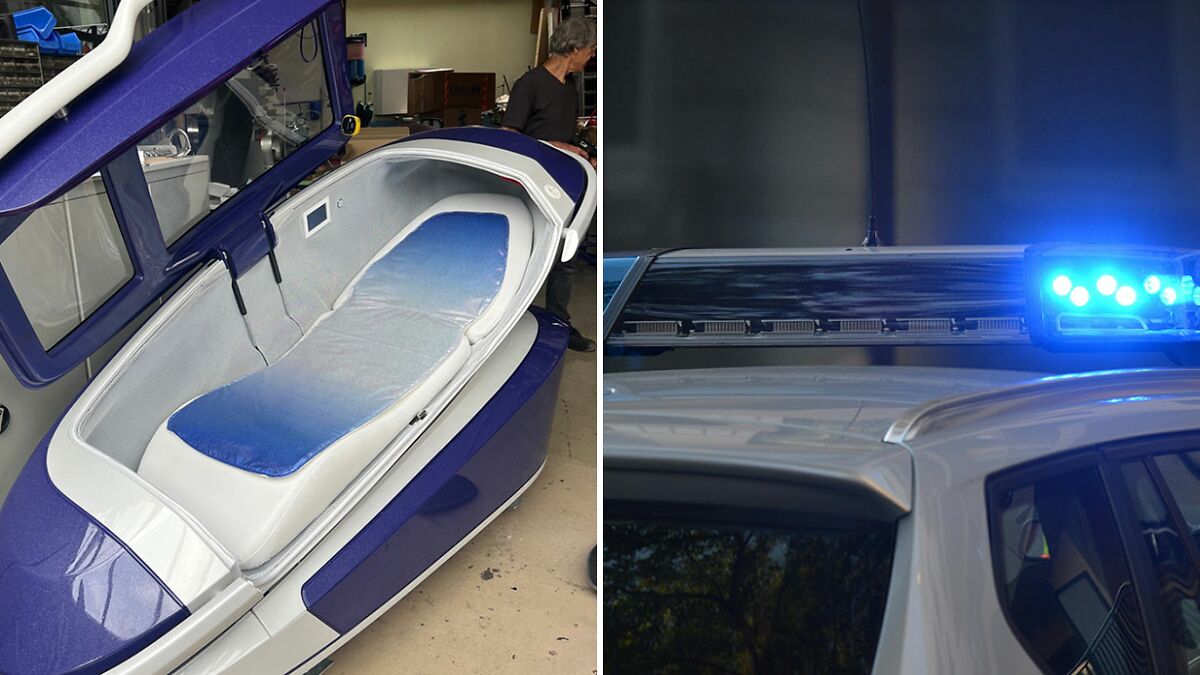
Police Makes Arrests After “Euthanasia Pod” Is Used For The First Time, Device Gets Confiscated
Swiss police confiscated a controversial “Sarco” euthanasia pod after a person died using it for the first time. The incident reportedly took place on Monday (September 23) afternoon near a cabin in a forest in the municipality of Merishausen, in Schaffhausen canton, in Switzerland.
The police and the Public Prosecutor’s Office of Schaffhausen intervened at the scene and confiscated the capsule.
- Swiss police confiscated the first-used Sarco euthanasia pod; a body was sent for autopsy.
- A handful of people were arrested as Swiss authorities investigate incitement.
- Sarco pod releases nitrogen to induce painless death; inventor is Dr. Philip Nitschke.
- Sarco is not compliant with Swiss safety laws; use of nitrogen ruled out by Health Minister.
The body was transported to the Zurich Institute of Forensic Medicine for an autopsy, Swiss outlet 20 Minutes reported on Tuesday (September 24).
According to local reports, a handful of people were arrested, including a Dutch photojournalist, as per the NL Times.
and the Public Prosecutor’s Office of the canton of Schaffhausen has opened a criminal investigation against the suspects for incitement and assistance in suicide, French Swiss outlet RTS reported on Tuesday.
Swiss police confiscated a controversial “Sarco” euthanasia pod
Image credits: Pixabay
To use the Sarco capsule, also known internationally as the “euthanasia pod,” the person wishing to die presses a button.
A large amount of nitrogen is then released, displacing the oxygen. The person loses consciousness after a few breaths of nitrogen and dies after about five minutes, according to the capsule’s inventor, Australian doctor Philip Nitschke.
While assisted suicide is legal in Switzerland, public prosecutors from several cantons, including Schaffhausen, announced over the summer that they would open a criminal investigation if the capsule is used in their jurisdiction, as per RTS.
Moreover, the Sarco suicide capsule does not comply with the law, Health Minister Elisabeth Baume-Schneider reportedly said during the National Assembly’s question hour on Monday.
Multiple people were arrested, including a Dutch photojournalist
Image credits: thelastresort
The capsule does not meet the requirements of product safety legislation and therefore cannot be marketed, the minister explained.
Additionally, the use of nitrogen in the capsule is not compatible with the purpose article of the Chemicals Act in Switzerland, Baume-Schneider said. Jurisdiction must be clarified on a case-by-case basis, the federal councilor reportedly added.
The Sarco pod was brought to public attention earlier this month, after a British couple signed up to use it.
A person died using the pod for the first time
Image credits: thelastresort
Peter Scott, a former Royal Air Force (RAF) engineer, and his wife, former nurse Christine Scott, have been married for 46 years and reportedly decided to end their lives together in Switzerland.
Christine, who is 80 years old, was diagnosed with early-stage vascular dementia. Vascular dementia is a condition that affects the brain, causing problems with thinking, memory, and behavior, the National Institute of Aging explains.
As a result of the heartbreaking diagnosis, the couple wants to travel to Switzerland to die in each other’s arms in the death capsule – known as the Sarco – to mark the end of their long and happy marriage, The Daily Mail reported September 7.
Image credits: thelastresort
Named “Sarco” (for sarcophagus), the box reportedly allows a person to die by suicide without outside help. Inside, the candidate for voluntary death simply presses a button, releasing nitrogen.
The saturation of nitrogen causes the individual to lose consciousness due to lack of oxygen, followed by a painless death in a matter of seconds.
The method reportedly requires no poison to be swallowed or injected into the veins. And because the materials “Sarco” is made of are biodegradable, it can also be used as a coffin.
The incident reportedly took place on Monday (September 23) afternoon
Image credits: Markus Spiske
As of 2023, euthanasia is legal in Belgium, Canada, Colombia, Luxembourg, the Netherlands, New Zealand, Portugal (law not yet in force, awaiting regulation), Spain, and all six states of Australia.
Moreover, assisted suicide is legal in Austria, Belgium, Canada, Germany, Luxembourg, the Netherlands, New Zealand, Portugal, Spain, Switzerland, parts of the United States, and all six states of Australia.
The legal frame for a person’s right to choose to end their life has evolved in other countries.
In Peru, human rights advocate and lawyer Josefina Miró Quesada Gayoso helped secure exceptional euthanasia approval for a woman for the first time ever in the Latin country.
Poll Question
What are your thoughts on the use of the 'Sarco' euthanasia pod for assisted suicide?
Support its use
Oppose its use
Undecided
Need more information
Having assisted suicide be legal and available takes some of my fear of bodily infirmity away. Being utterly incapable of ending myself if I'm suffering is terrifying. I imagine lying in bed, fed through a tube, incapable of so much as picking up a tv remote or reading a book and unable to even starve myself because my autonomy is utterly gone. Dreadful thought.
It is kind of strange that with a device that has multiple ethical and legal implications, it all comes down to product regulations... The device is not illegal there because of its function, but because of technical nonconformity with product safety and chemical laws. Although I am not sure how relevant "product safety" is for a suicide device.
Right? That was my first thought when reading that above. Product 'safety' is a bit of a stretch considering its intended use.
Load More Replies...I like the idea of a person being able to choose the time of their death, and doing it in a safe controlled way, without pain. However, I'd want it in a controlled setting and access being possible only by meeting certain criteria.
Oh, do tell me the criteria upon which I do not have complete ownership of my body.
Load More Replies...Having assisted suicide be legal and available takes some of my fear of bodily infirmity away. Being utterly incapable of ending myself if I'm suffering is terrifying. I imagine lying in bed, fed through a tube, incapable of so much as picking up a tv remote or reading a book and unable to even starve myself because my autonomy is utterly gone. Dreadful thought.
It is kind of strange that with a device that has multiple ethical and legal implications, it all comes down to product regulations... The device is not illegal there because of its function, but because of technical nonconformity with product safety and chemical laws. Although I am not sure how relevant "product safety" is for a suicide device.
Right? That was my first thought when reading that above. Product 'safety' is a bit of a stretch considering its intended use.
Load More Replies...I like the idea of a person being able to choose the time of their death, and doing it in a safe controlled way, without pain. However, I'd want it in a controlled setting and access being possible only by meeting certain criteria.
Oh, do tell me the criteria upon which I do not have complete ownership of my body.
Load More Replies...
 Dark Mode
Dark Mode 

 No fees, cancel anytime
No fees, cancel anytime 




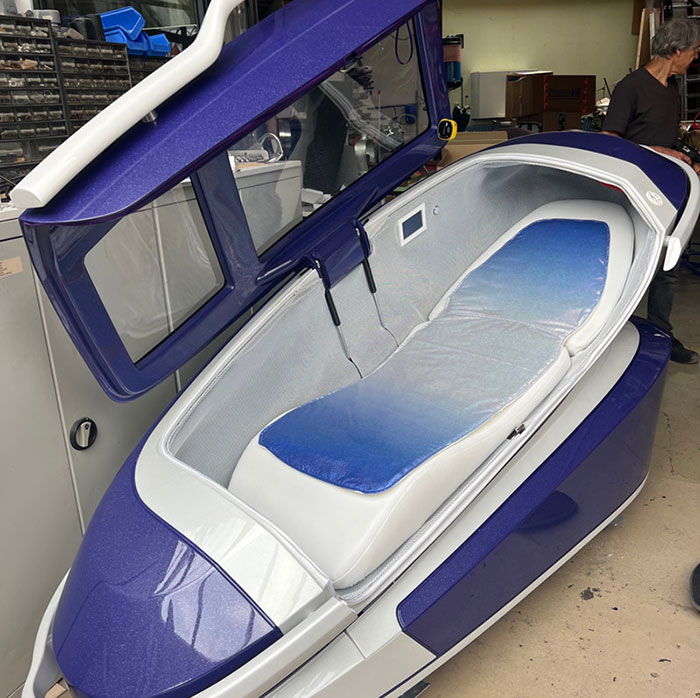
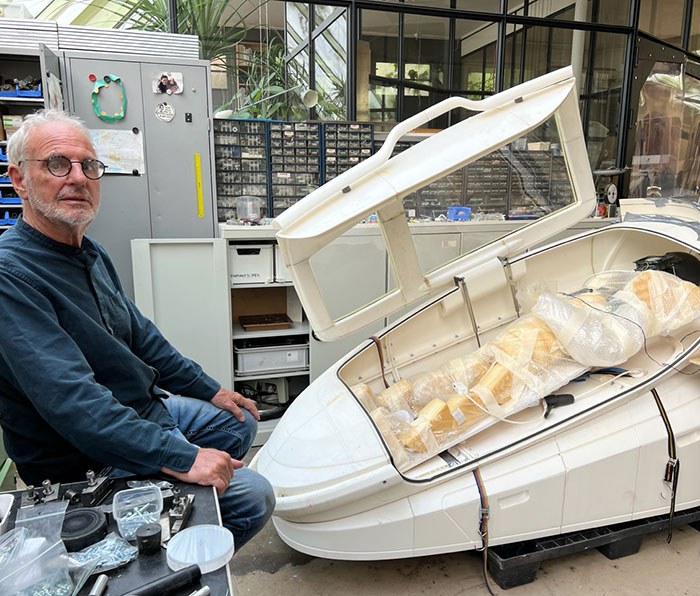
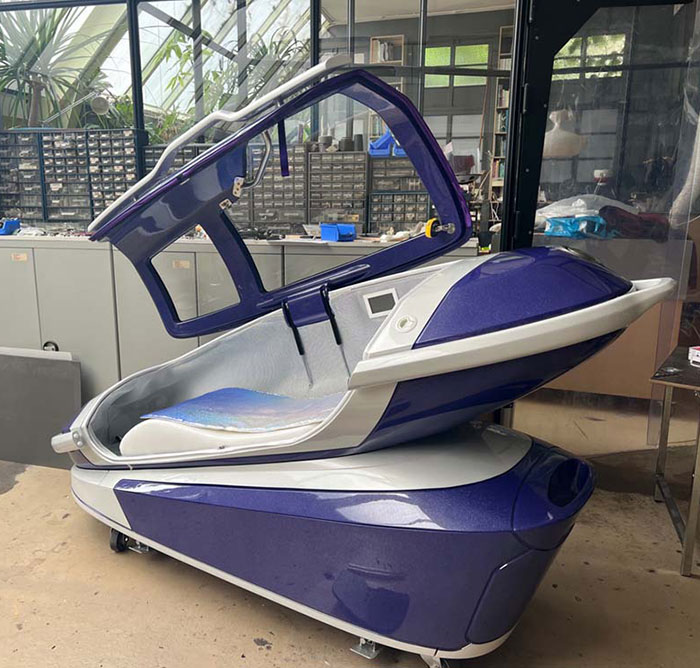





















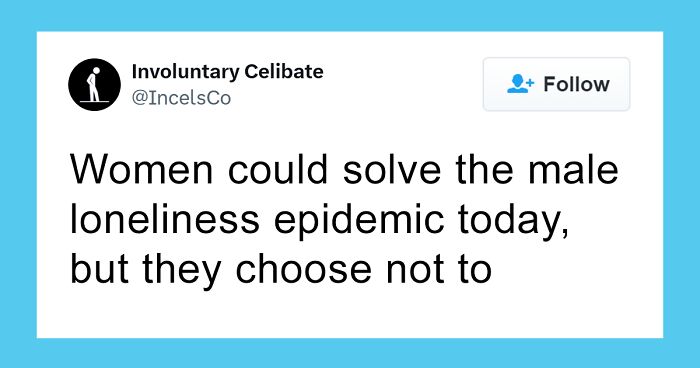




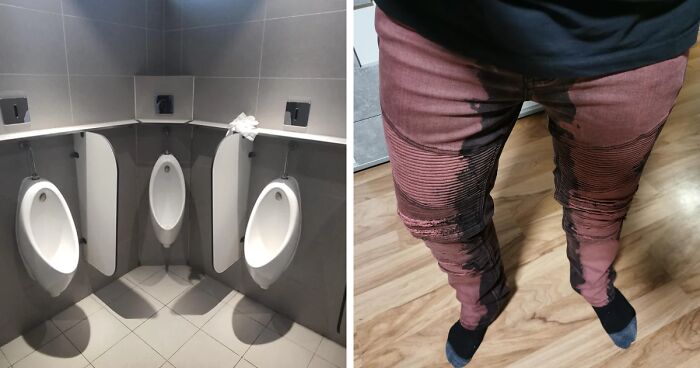



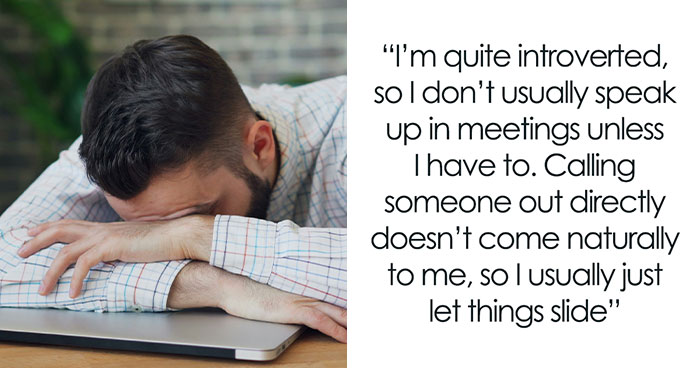





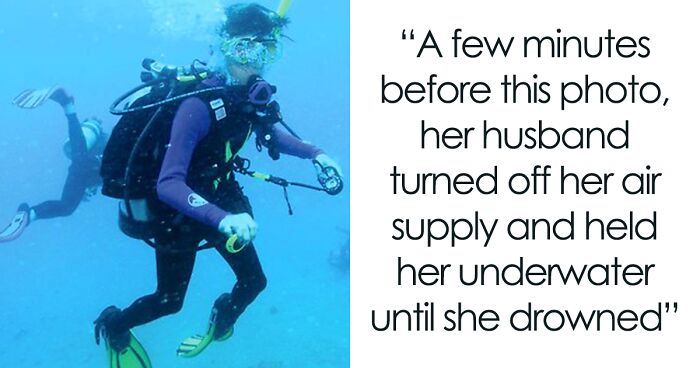

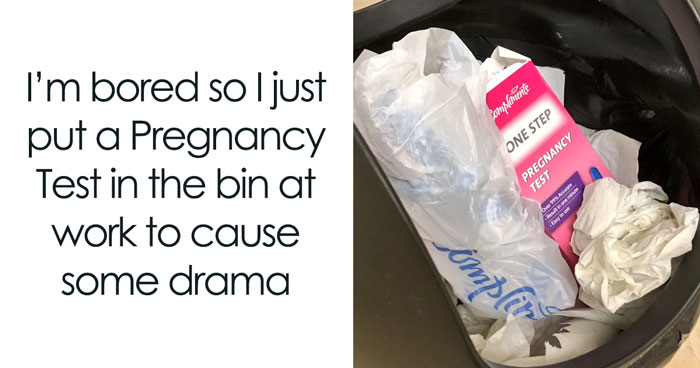






35
34